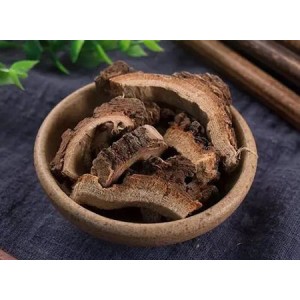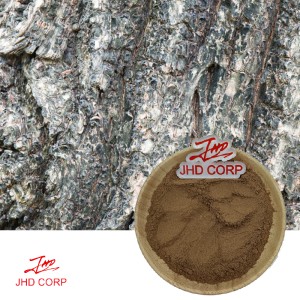Does Slippery Elm Bark Extract Help Irritable Bowel Syndrome?
Slippery Elm Bark Extract for Irritable Bowel Syndrome
Irritable bowel syndrome (IBS) is a common gastrointestinal disorder that affects the large intestine and can cause symptoms such as abdominal pain, bloating, gas, diarrhea, and constipation. While the exact cause of IBS is not fully understood, it is believed to involve a combination of factors including abnormal gastrointestinal motility, visceral hypersensitivity, gut-brain axis dysfunction, and low-grade inflammation. As a result, managing IBS can be challenging and often requires a multifaceted approach that may include dietary and lifestyle modifications, stress management, and medication.
One potential natural remedy that has gained attention for its potential benefits in managing IBS symptoms is slippery elm bark extract powder. Slippery elm (Ulmus rubra) is a tree native to North America, and its inner bark has been used for centuries in traditional medicine for its demulcent and anti-inflammatory properties. Slippery elm bark extract is available in various forms, including capsules, powders, and teas, and is often touted for its soothing effects on the digestive tract.

So, does slippery elm bark extract help with IBS? While research on slippery elm specifically for IBS is limited, there is some evidence to suggest that it may offer potential benefits for certain symptoms associated with the condition. The demulcent properties of slippery elm bark extract may help to soothe and protect the irritated lining of the gastrointestinal tract, potentially providing relief from abdominal discomfort and inflammation. Additionally, its mucilage content forms a protective layer over the intestinal mucosa, which could potentially help with diarrhea and constipation by promoting regular bowel movements.
Furthermore, slippery elm bark extract has been traditionally used to alleviate various digestive issues, including heartburn, ulcers, and gastritis, which are common comorbidities in individuals with IBS. Its anti-inflammatory properties may also contribute to reducing gut inflammation, which is believed to play a role in the development of IBS symptoms.
It is important to note that while slippery elm bark extract shows promise as a natural remedy for IBS, more high-quality clinical trials are needed to establish its efficacy and safety for this specific condition. Additionally, individuals with IBS should consult with a healthcare professional before incorporating slippery elm bark extract into their treatment regimen, especially if they are taking other medications or have existing health conditions.
In conclusion, while the research on slippery elm bark extract for IBS is still evolving, its traditional use and preliminary evidence suggest that it may offer potential benefits for managing certain symptoms associated with the condition. As with any natural remedy, further research is needed to fully understand its mechanisms of action and potential role in IBS management. Individuals interested in trying slippery elm bark extract for IBS should seek guidance from a healthcare provider to ensure safe and appropriate use.















